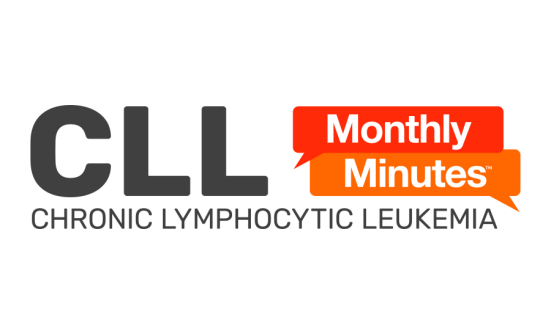Serious illnesses like cancer can put considerable strain on partner relationships. From the moment of diagnosis and throughout treatment, patients and their partners face many demands on their time and emotional resources.
Despite these challenges, many couples report that they become closer and that their relationship strengthens as they face these challenges together.1 Many patients and their partners report a changed attitude to life, which comes with a heightened appreciation of everyday family life and close relationships.1
When it comes to intimacy and sexuality, patients with blood cancers such as chronic lymphocytic leukemia (CLL) often have many questions about how their life will change. It is not uncommon for patients to have a different sense of self-worth and self-confidence after being diagnosed with cancer.2 Patients may also feel depressed, anxious, embarrassed due to new body changes, or simply have a lower sex drive due to effects from their disease or treatment.2 Although these feelings are all normal, patients should consider discussing them with their healthcare team as they may be able to provide suggestions that will help.
It is particularly important for patients to discuss with their healthcare provider the impact that treatments can have on their sex life. Chemotherapy, for instance, can sap a patient’s energy levels, greatly reducing their desire to have sex.1 Furthermore, chemotherapy can be excreted in bodily fluids, so condoms should be used to prevent one’s partner from being exposed to the medications.1 Condoms and other forms of birth control should also be used to prevent pregnancy, as some cancer treatments can harm an unborn child.1,2
Of course, intimacy does not always have to include sexual intercourse. Patients and their partners may simply want to set aside time to be together, to communicate openly, and find other ways to enjoy physical closeness.3 Simply taking a walk together can give partners a chance to talk, listen, and share each other’s experiences, feelings, and concerns.3 Partners may also benefit from having a chance to raise their concerns directly with the members of the patient’s healthcare team, and should be invited to do so.2
Although a cancer diagnosis and subsequent treatment are always a trying time for patients and their partners, resources exist to help them maintain a strong relationship throughout the journey. Healthcare teams are well-prepared to help, and may be able to provide referrals to counselors, social workers, or certified sex therapists as needed.2 Patient support organizations can also provide helpful information, and survivorship groups can provide insights on how other patients are dealing with self-image issues and other aspects of their sexuality.2
References
- Leukemia Foundation. Relationships and sex. www.leukaemia.org.au/blood-cancer-information/the-blood-cancer-journey/living-well-with-blood-cancer/emotional-health/relationships-and-sex. Accessed August 25, 2021.
- Leukemia & Lymphoma Society. Sexuality and intimacy. www.lls.org/managing-your-cancer/sexuality-and-intimacy. Accessed August 25, 2021.
- Leukemia & Lymphoma Society. Communicating with your partner. www.lls.org/managing-your-cancer/sexuality-and-intimacy/communicating-your-partner. Accessed August 25, 2021.















